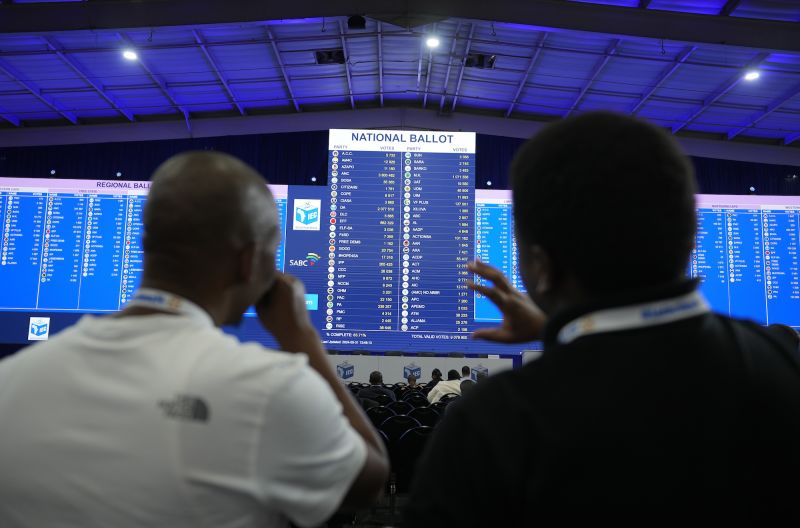The African National Congress (ANC), Nelson Mandela’s beloved party, has recently experienced a seismic shock in South Africa’s latest elections. After having held dominion over South Africa’s political landscape for over two decades, the election results pose serious questions as to what future awaits South Africa under a weakened ANC.
The ANC’s traditional foothold in South African politics is unquestionable. Brought to prominence under the leadership of anti-apartheid revolutionary and later, the nation’s President, Nelson Mandela, the party has served as the ruling party in post-apartheid South Africa since the election in 1994. For generations, ANC was perceived as a beacon of hope for racial equality, economic growth, and social justice. However, the recent elections have dealt a major blow to the political stronghold, leading many to question the trajectory of South Africa’s polity.
Before discussing the implications of these election results, it is critical to understand the factors that potentially contributed to this unprecedented shift. The ANC’s governance over the past few years has shown signs of fractured leadership, and a failure to address key social issues such as unemployment, inequality, corruption, and poverty. There has been growing disillusionment among the populace on the party’s capacity to deliver on its promise of economic emancipation and social justice. Furthermore, the party has been rocked by internal power struggles and allegations of corruption, severely damaging its image and credibility.
With the ANC’s electoral blow, the opposition Democratic Alliance (DA) and Economic Freedom Fighters (EFF) have made significant gains. The DA has primarily captured the urban vote with its mandate for improved governance and transparency, while the EFF, with its radical economic transformation agenda, has appealed to the unemployed youth and individuals disillusioned with the slow pace of economic progress and inequality.
So, where does this leave South Africa?
The disruption of the ANC’s political stronghold introduces the possibility of coalition governments in the provinces and metropolitan cities. This could lead to fluid political alliances challenging the ANC’s hegemony and emboldening opposition parties to demand further political reforms. Moreover, within the ANC, this electoral blow could potentially lead to introspection and reforms to regain public trust.
However, the tremors of this seismic election could also lead to concerns of policy uncertainty and political instability. It could create a fragmented political landscape prone to policy flip-flops, making it arduous for South Africa to implement long-term socioeconomic development strategies.
Economically, amidst concerns of slow economic growth, increasing government debt and persistent inequality, these election results are likely to put pressure on the government to effect meaningful economic reforms. Furthermore, it could also bring to the fore issues such as land redistribution and transformation of the economy, which have been at the center of South Africa’s political discourse.
In terms of social implications, the results could challenge the narrative of racial and ethnic politics in South Africa. As the political landscape becomes more competitive, political parties may be encouraged to broaden their base and incorporate diverse racial and ethnic groups, potentially fostering a more inclusive political culture.
In conclusion, the election results, while posing challenges, also present opportunities for reform and transformation in South Africa’s political, economic, and social landscape. Whether these changes would translate into a stronger and more equitable South Africa would largely depend on how these new political dynamics are negotiated and navigated in the coming years. Regardless, it signifies a new chapter in South Africa’s burgeoning democracy, and only time will tell what this new political map means for the nation’s future.




